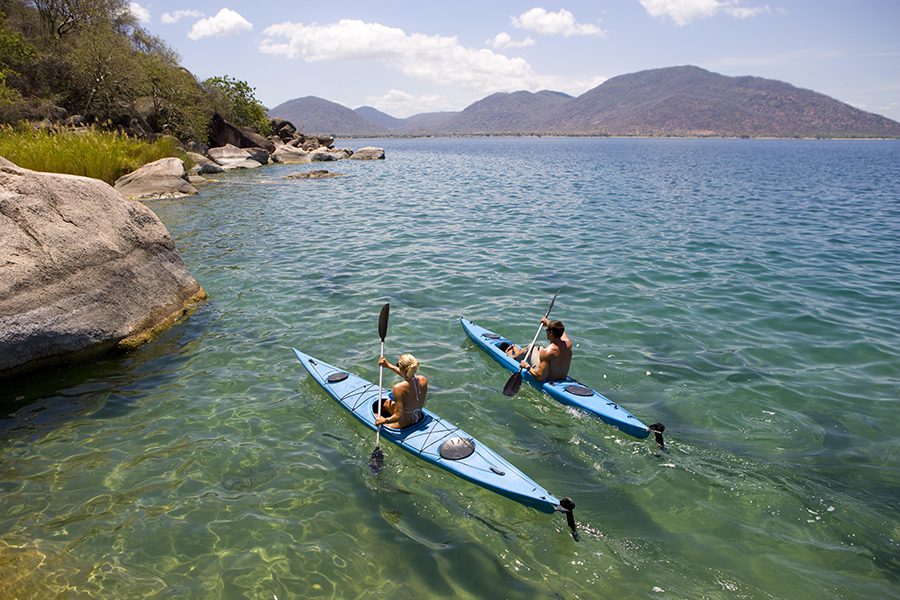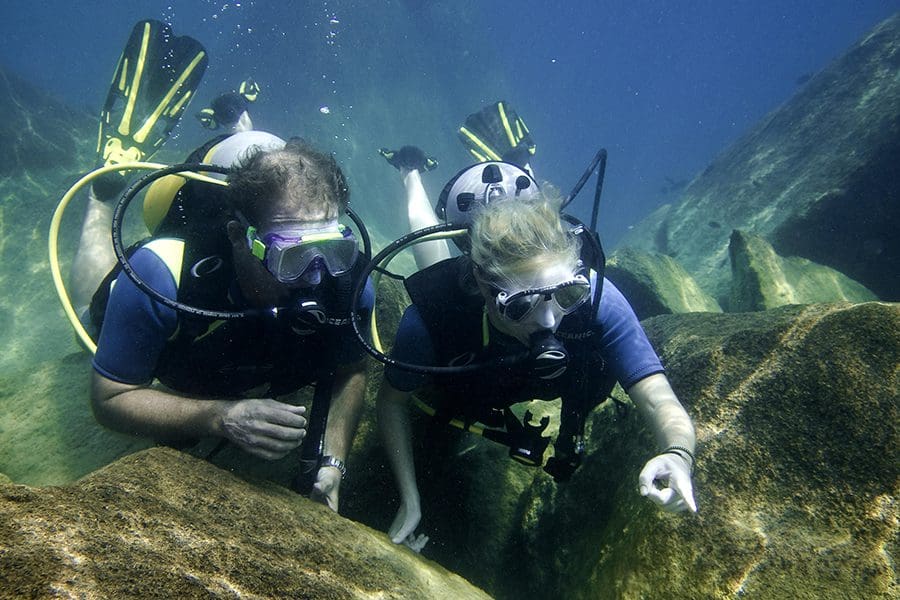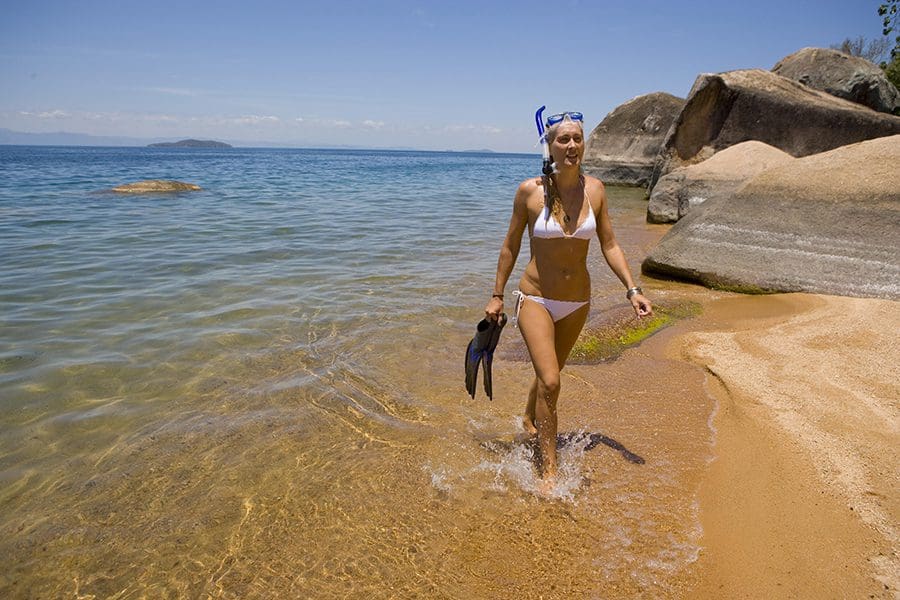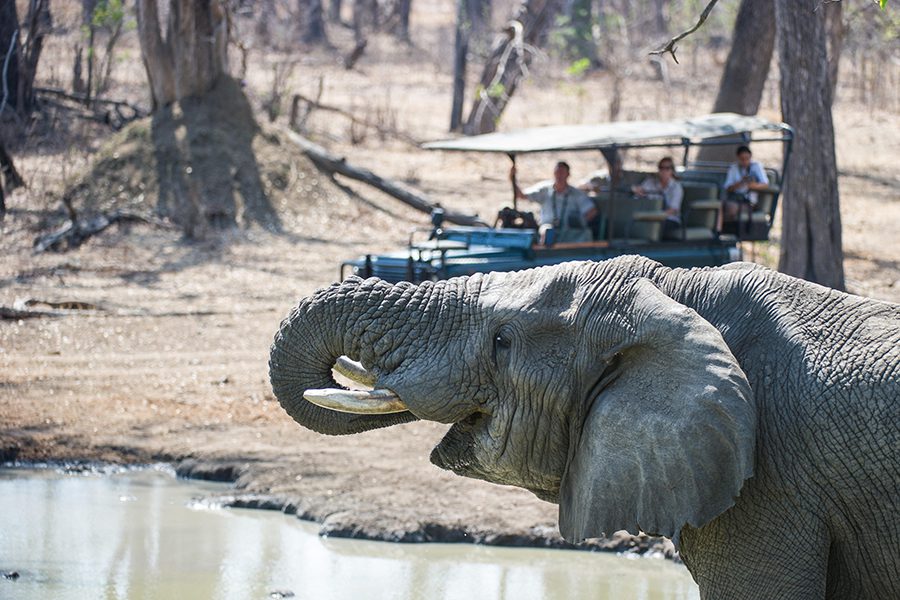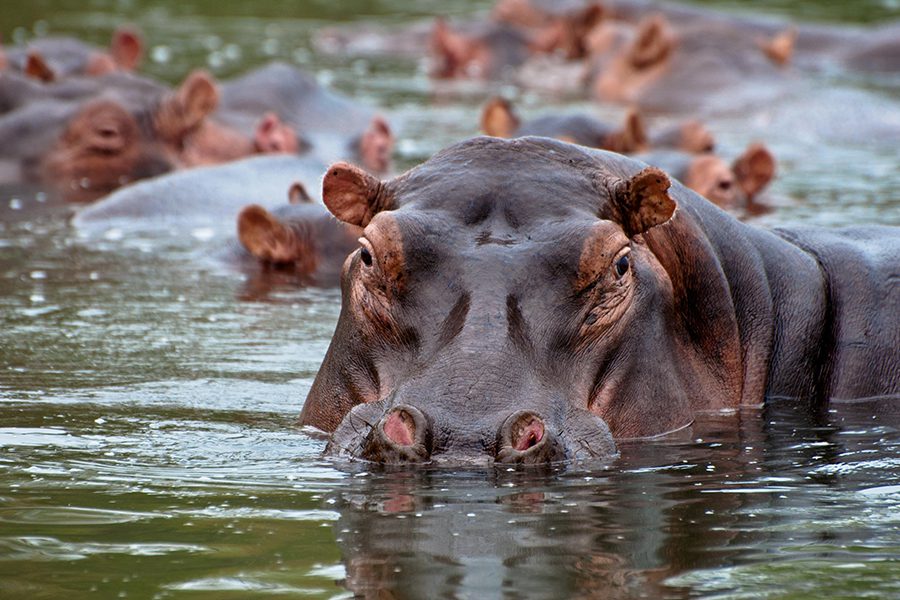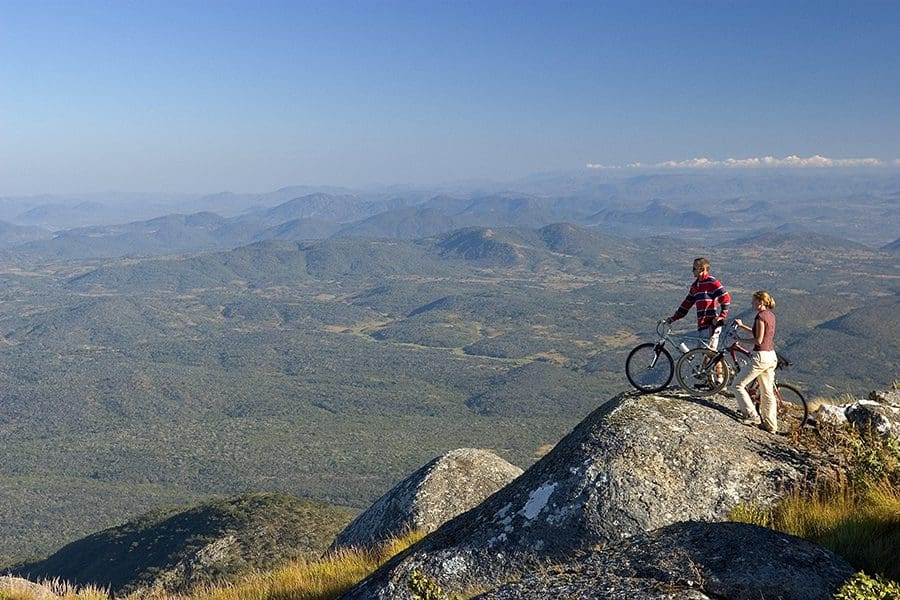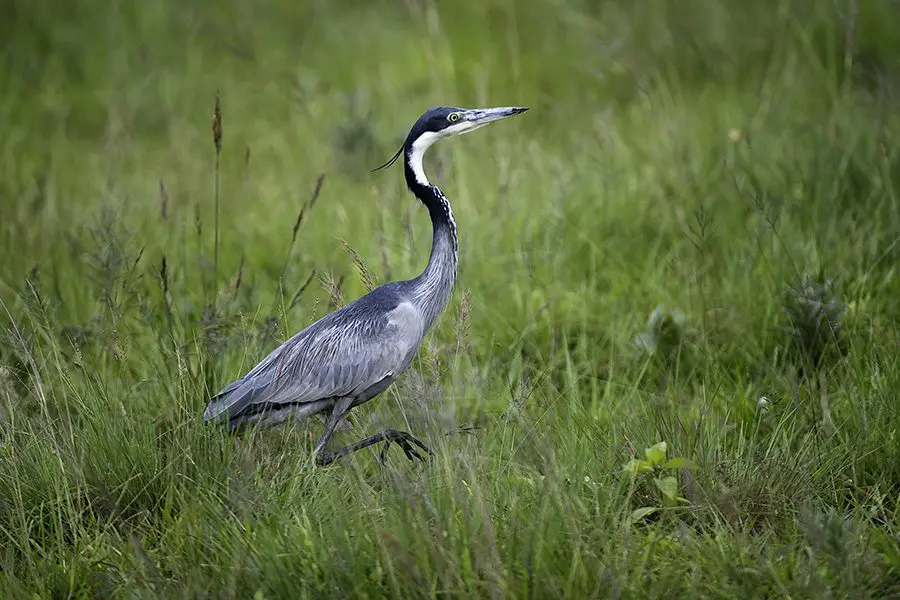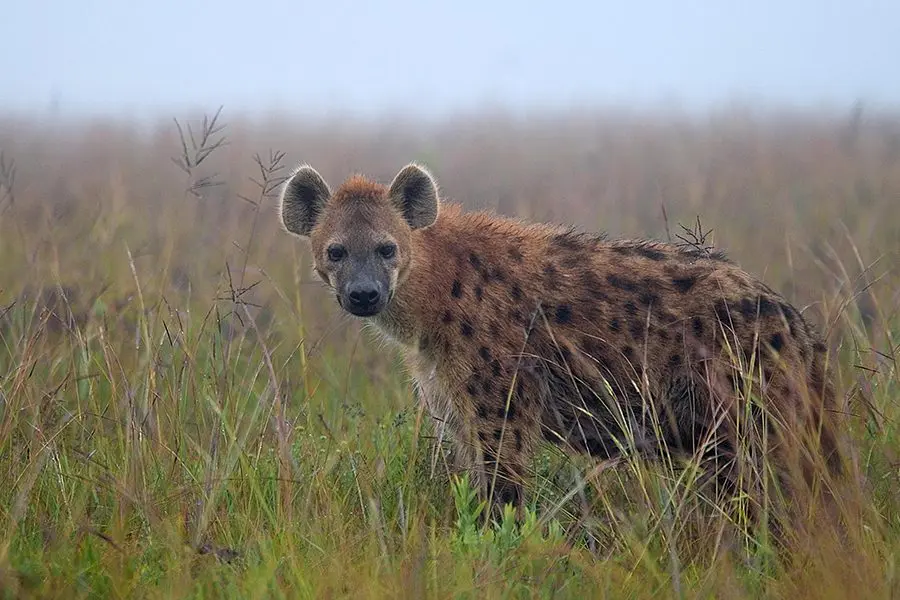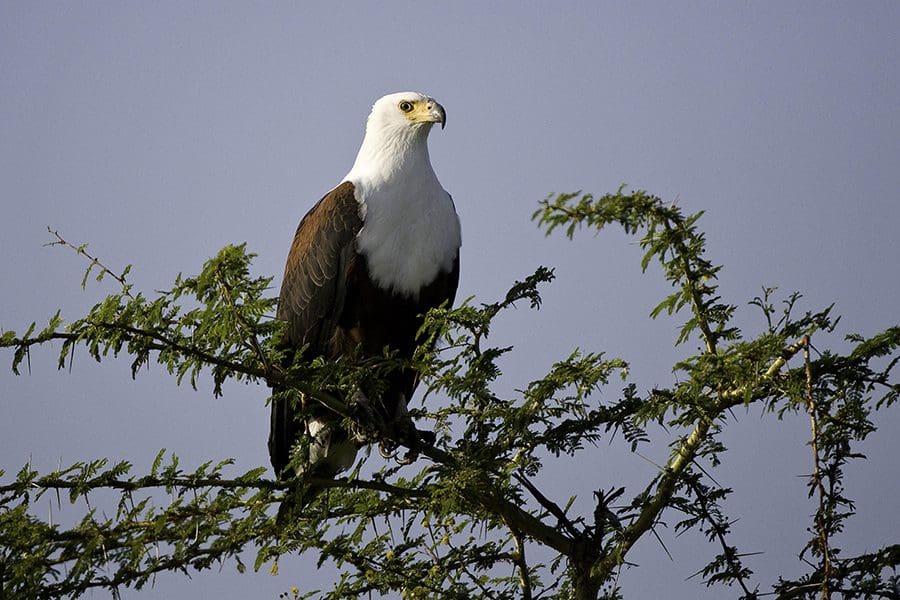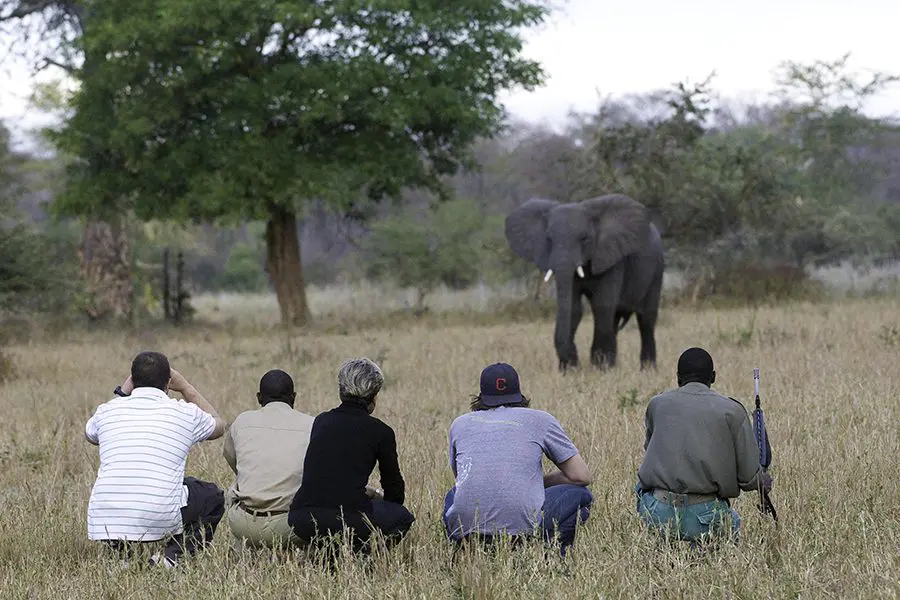Malawi Travel Advice
There’s nothing like up-to-date, relevant travel information direct from the experts – get Go2Africa’s essential Malawi travel advice before you go.
Money & Spending
The local currency in Malawi is the Kwacha although US Dollars are widely accepted throughout the country. Credit card acceptance is improving but don’t rely on it in Malawi’s more remote or little-visited destinations – be on the safe side and check with your Africa Safari Expert before you travel.
Generally speaking Malawi is a very affordable destination so your spending money should go far. If you’re travelling with dollars, we’d recommend bringing some small denomination bills as you can pick up genuinely beautiful and affordable handmade crafts at the local markets. Just keep some money aside because you’ll need to pay an international departure tax of 30 US Dollars per person at Lilongwe Airport.
Tipping
Service charges are not included in hotel, lodge and restaurant bills in Malawi. Tipping is entirely at your discretion – it is not compulsory but is enthusiastically received if you feel the service you received deserves a gratuity. The amount of tip you leave is based on the level of service you’ve received but the general guideline is about 10%.
For in-depth tipping guidelines, enquire with one of our Africa Safari Experts – they’d be happy to share their knowledge with you.
Climate
Average summer temperatures: 20°C to 32°C
Average winter temperatures: 15°C to 28°C
Rainy season: December to March
Refer to “best time to visit Malawi” for climate charts and details on the best wildlife-viewing times.
What to Pack
Malawi is first and foremost a beach destination so pack accordingly – lightweight clothing, sandals, hats and, most importantly, sun screen! Mosquitoes are most active in the early mornings and evenings, so pack repellent and long-sleeved clothing to protect your wrists and ankles at these times. Be sure to leave some space in your suitcase as you’re likely to want to bring back lots of souvenirs from the local markets.
Flights & Getting Around
Did you know you can book your flights through Go2Africa? For more information and frequently asked questions, please see our Flights section.
Lilongwe International Airport: daily flights from Johannesburg as well as regular flights from Zambia, Tanzania and Kenya means great options for a big game safari in Southern or East Africa followed by a beach holiday on nearby Lake Malawi.
Chileka International Airport: located in Blantyre, Malawi’s second international airport serves the country’s southern destinations.
It’s fairly easy to get around Malawi – roads are in relatively good condition and distances are generally short. Road transfers can be a good option particularly if you want to see a bit of Malawi but if you’d rather just get to the lake then your best option is a light aircraft charter flight. Luggage on charter flights is strictly limited to 12kg per person and needs be carried in soft-skinned suitcases.
Boat transfers take visitors to Lake Malawi’s islands or to Nkwichi Lodge on the lake’s remote Mozambican shore.
Visa & Passport Requirements
All visitors to Malawi must be in possession of a passport valid for at least six months after date of departure. Visas to enter Malawi are not required by citizens of the USA, all Commonwealth countries and most European countries (except Switzerland). For those nationalities that do require visas, these cannot be obtained on arrival but must be obtained in advance from any Malawi embassy or consulate.
Visas are limited to 30 days, but getting an extension once you’re in Blantyre or Lilongwe is relatively easy and free.
About Malawi
History & Economy
Fossil evidence suggests Malawi’s human history goes back a million years. Southern African Khoisan hunter-gatherers were the original inhabitants but by 1500 AD Malawi had been settled by migrating West African farmers and herders, leading to the rise of a great regional empire. Devastated by the 19th century slave trade, Malawi was colonised by the British following David Livingstone’s explorations but Nyasaland, as Malawi was then known, remained a colonial backwater until independence in 1964.
One of the world’s least developed countries, Malawi is heavily dependant on agriculture, accounting for a third of GDP and 90% of exports. The main agricultural exports are tobacco (over 60% of all exports), tea and sugar. Tourism plays a vital role in bringing foreign currency into Malawi.
People & Culture
A relatively small country with well over 15 million people, Malawi has one of the highest population densities in Africa. It’s an overwhelmingly rural society – nearly 90% of Malawians live in the countryside and are involved in subsistence farming – and a religious one too: 80% of Malawians are Christian with a further 13% claiming adherence to Islam.
It’s also a country that has long been associated with friendliness and hospitality – not for nothing is Malawi known as The Warm Heart of Africa – but travellers should bear in mind that it is also a deeply conservative country with manners and modesty highly prized.
English is the official language and widely spoken though the dominant local language is Chichewa, spoken by nearly 60% of the population. Music and dance dominate Malawian culture – many traditional ceremonies and festivals still occur throughout the country – and there is a rich tradition of basketry and mask carving.
Landscape & Wildlife
Occupying a fifth of the country, Malawi’s environment is dominated by Lake Malawi, a Rift Valley lake that forms Malawi’s eastern border with Mozambique and Tanzania. Home to the world’s greatest number of lake-dwelling fish species, this freshwater lake with its sandy beaches and deserted islands is the mainstay of the country’s economy and tourist industry. Much of the rest of Malawi is farmed but there are also several high forested or grassy plateaus, mountain ranges and extensive wetlands.
Despite its small size and high population density, 20% of Malawi is protected land. The remote Nyika Plateau offers visitors a wide range of antelope species, elephant, leopard and buffalo while both Liwonde National Park and Majete Wildlife Reserve are now official Big 5 destinations.
Malawi wildlife highlights include diving and snorkelling in Lake Malawi National Park; boat safaris on the Shire River at Liwonde; hiking and mountain biking at Nyika; and with a staggering 645 recorded species, bird watching anywhere!

